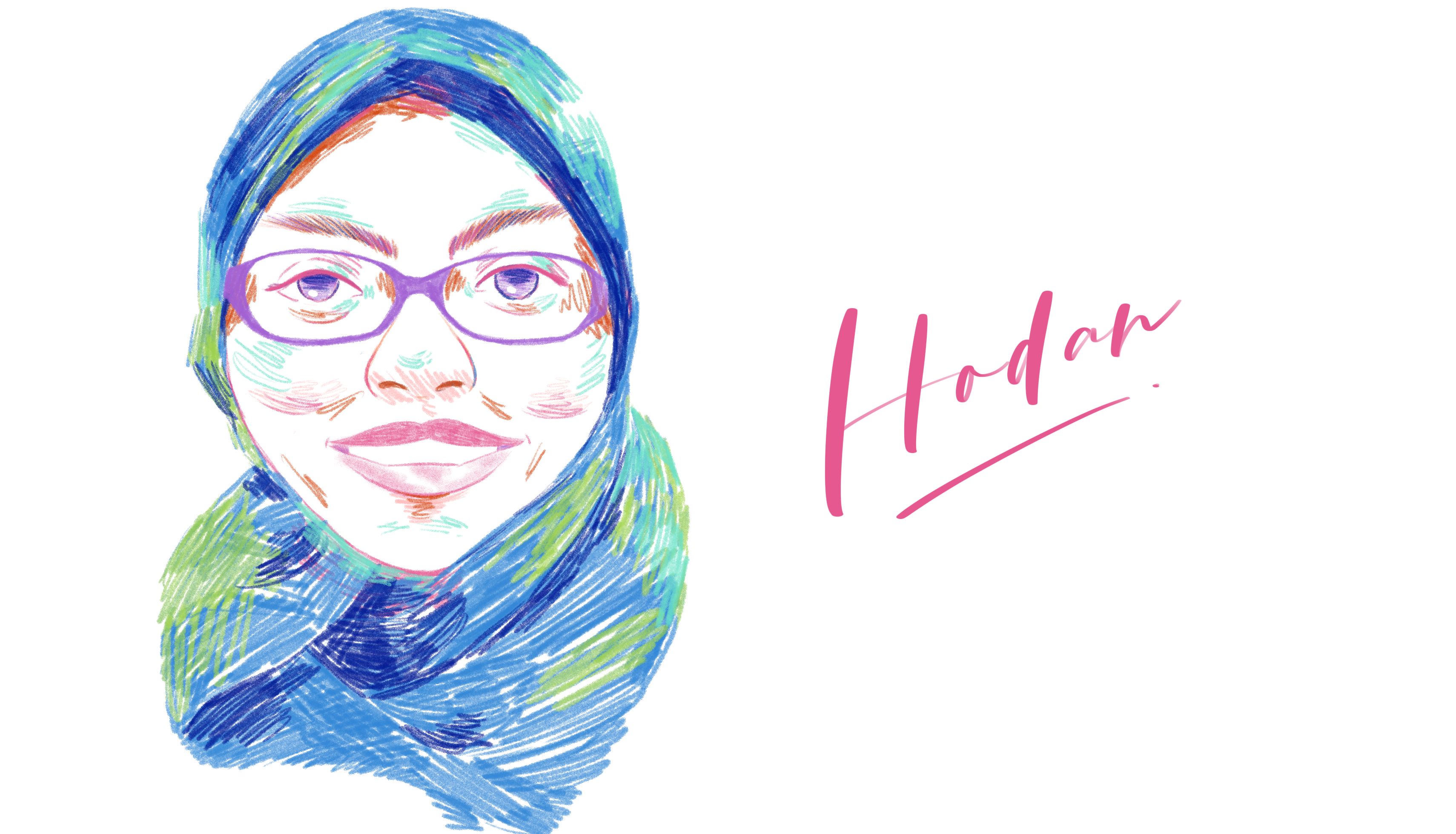Hodan Abdullahi, Head of Exploration, UNDP Somalia Accelerator Lab
By Yun Xuan Poon Joy Lim
Women in UNDP Special Report 2021.

I mainly conduct stakeholder meetings and engage potential partners to find leads, opportunities and resources for the challenges the lab is working on. More importantly, I try to advocate for the use of new data sources as input into our day-to-day work in the office. Last year I was persistently pursuing data partnership with our local telecom companies as a first step in using mobile data into our Positive deviance project.
One problem I am working on is how to develop easily generalisable data products, for example tapping into educational institutions to find the percentage of people with disabilities in Somalia. Another of the ideas I am working on is crowdsourcing data from the population after disasters.
What was the most impactful project you worked on in the past year?
The data based positive deviance pilot was the most impactful and is still an ongoing project. In this project we are trying to find positively deviant (PD) pastoral communities who successfully maintained their rangelands during the last drought of 2016-2017. A combination of geospatial data and satellite derived weather data was used as a first step to find these PD geographic locations. Until now we’ve identified several potentially positive deviant communities within West Golis livelihood zone, an FAO pastoral defined region in northern Somaliland.
Within the coming days we will be using both data-based validation and stakeholder consultations to validate these locations. Then head out into the field and start collecting “thick data” or the qualitative part of the pilot. Where we will be doing a series of interviews and participatory mapping with community members. The summary of which will help discover patterns, key strategies and behaviors members of these communities have adopted to maintain their rangelands. This would help in the design of future interventions both on the side of policy making and community awareness. Hopefully we would increase resilience by streamlining these practices and scaling them up for adoption by other communities.
What are some innovations from the pandemic that have caught your eye?
A new stream of diagnostics which are more accessible and could be a precursor to further advancement, one I like is Voice Med an App which diagnoses Covid-19 and respiratory diseases using voice signals. Another area is the increased focus on portability like the portable ventilators, and dialysis machines. All of which can easily be usable with limited modifications in remote areas and contexts.
What is one unexpected learning from 2020?
Systems need to be designed with allowance for flexibility and speedy mobilisation of resources. Another aspect is the importance of collective research and having many minds all around the world working to solve one problem.
What are your priorities for 2021?
To take the lessons learned from my work in early warnings systems and positive deviant communities then try to transform existing systems. Assisting our government counterparts to design contingency plans for the cyclic climate disasters and the economic aftermaths.
I would also love to dedicate time to a side project I am working on that is aimed at using language, Somali in this case, as indicators for upcoming local trends. Utilising collected texts from local news, social media and directed mini surveys as data sources.
What tool or technique particularly interests you for 2021?
Behavioral insights (BI) as a tool to understand and nudge entrepreneur’s behavior. I am curious if we can transfer it also into the area of climate disasters.
Which other countries inspire you and why?
In a network full of very inspiring co-workers from different countries I am spoiled to choose. Though, I do admire both the India and the Ecuador Accelerator lab teams. Both countries are working on adaptation and resilience where the Ecuador team is working on a similar positive deviance project where they are looking for sustainable farming practices. While India developed a GeoAI platform as well as a successful campaign to fight air pollution.
Who do you admire? Who is your hero?
My hero is my father who is always the environmentalist. I remember him sharing research he was involved in ahead of the droughts of 2011; however, nothing was in place at the time to prompt action against a disaster of this scale.
Another would definitely be Greta Thunberg a person to admire as a representative of how much the young should be aware on what is coming. And I do believe there are many unknown Greta’s all around the globe, who are working hard to confront the reality of climate change. The accelerator lab network was designed to find these people and shed the spotlight on them.